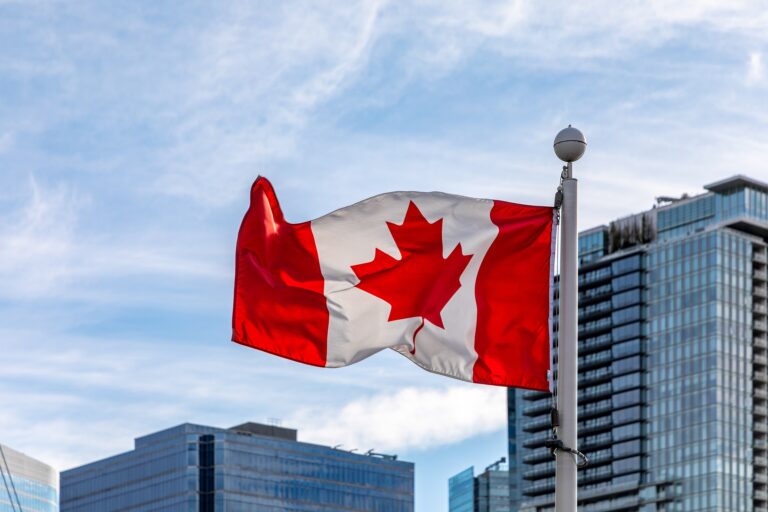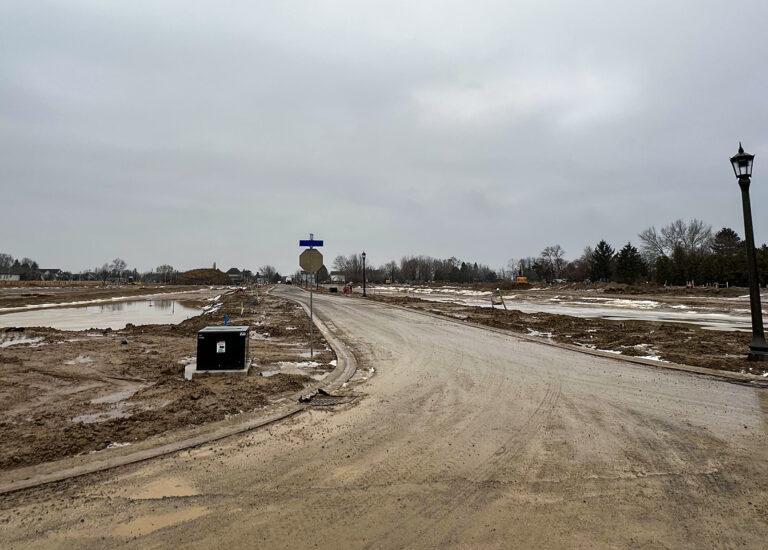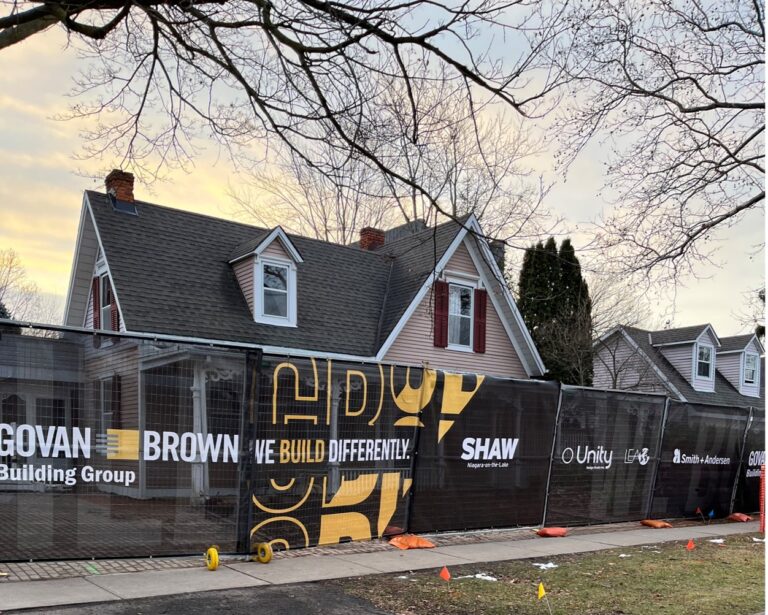Dear editor:
In his Oct. 30 column “The Turner Report: NOTL picks tourists over tenants,” Garth Turner laments the lack of long-term rentals in Niagara-on-the-Lake and blames tourism. But his surprise is misplaced.
As a former minister of national revenue, he should have a good financial sense and understand the economics of owning a home and why long-term rentals are scarce — and why short-term rentals make sense in a town like ours.
Let’s start with the math. The average home price in Niagara-on-the-Lake is about $1.2 million. The mortgage payment alone would exceed $4,000 per month, with another $1,000 for property taxes and roughly $300 for insurance. That’s before considering maintenance, utilities, or a down payment easily exceeding $200,000.
A landlord renting that same home for $3,000 a month would lose money. And they must still account for vacancies, repairs, and the risks of Ontario’s heavily one-sided Landlord and Tenant Act. The numbers simply don’t work.
So when critics point to high rents and claim property owners are greedy, they overlook the real issue: it’s expensive to own a home here.
Niagara-on-the-Lake has been a tourist destination for over a century — long before Airbnb. Its charm, wineries and heritage buildings draw visitors from around the world. And those visitors sustain our economy.
Even the wine industry, often seen as distinct from tourism, depends on it. Restaurants, shops and theatres thrive because of visitors. Without tourism, NOTL would not be the vibrant town we know today.
And let’s address the “ghost rental” myth. Vacation rentals are occupied more often than many second homes. As resident Paul O’Connor told town council, his neighbour enjoys chatting with the guests next door — and noted that nearby houses not used as rentals sit empty for 11 months of the year.
It’s not short-term rentals that are sitting dark, but luxury homes owned by those who can afford to leave them vacant.
Cottage rentals aren’t just good for tourism — they’re also good for preservation.
Walk through Chautauqua and you’ll see what happens when smaller homes are no longer viable as seasonal rentals: they’re demolished and replaced with oversized new builds. Allowing short-term rentals keeps these older, character-filled homes alive and financially sustainable.
Anyone moving to Niagara-on-the-Lake should understand what kind of community they’re joining. Just as those who live in the rural areas accept the sounds of bird bangers during harvest season, residents in town should recognize that NOTL is — and always has been — a tourist community.
From the days of the Queen’s Royal Hotel to today’s theatre festivals and wine tours, tourism has been our lifeblood. Real estate prices here have always been higher than elsewhere in Niagara, long before Airbnb existed. And for more than a century, homeowners have been welcoming vacationers into town. That tradition isn’t new — and it’s not going away.
Short-term rentals are part of what keeps NOTL’s economy healthy and its heritage intact. They offer families comfortable, affordable accommodations and encourage longer stays — all without the need for more large hotels.
The debate over short-term rentals has gone on for years, often fuelled by NIMBYism and misinformation. But it’s time to recognize reality: Niagara-on-the-Lake is a world-class tourist town that thrives because people want to visit, stay, and fall in love with it — just as many of us did before deciding to make it home.
Jason Clements
NOTL










